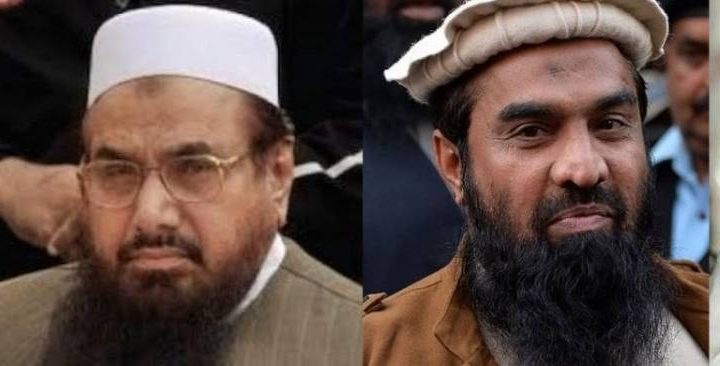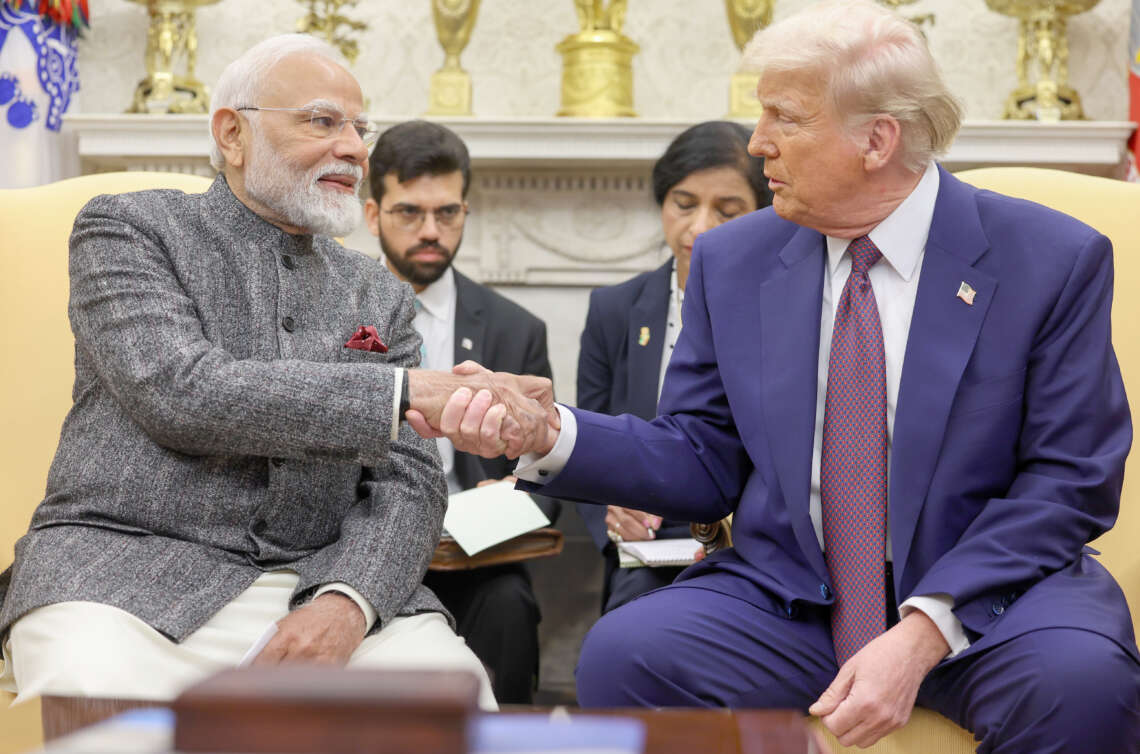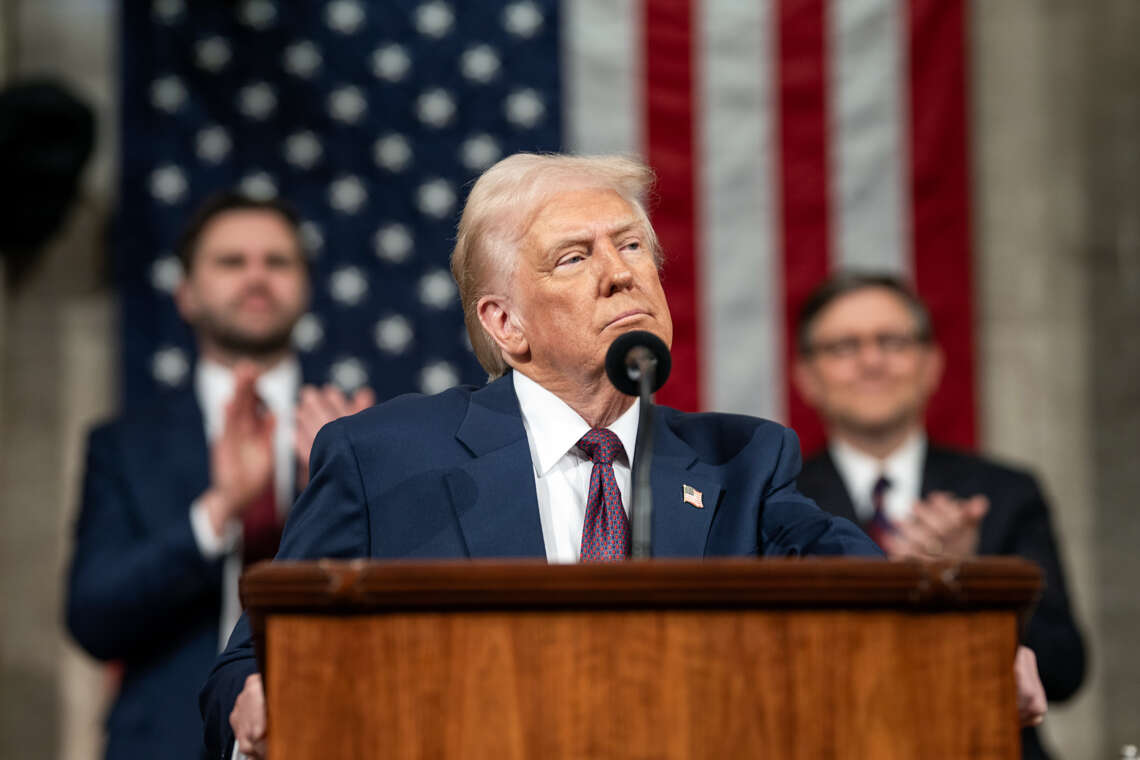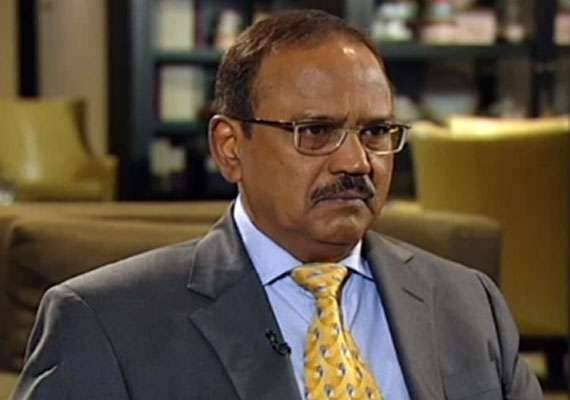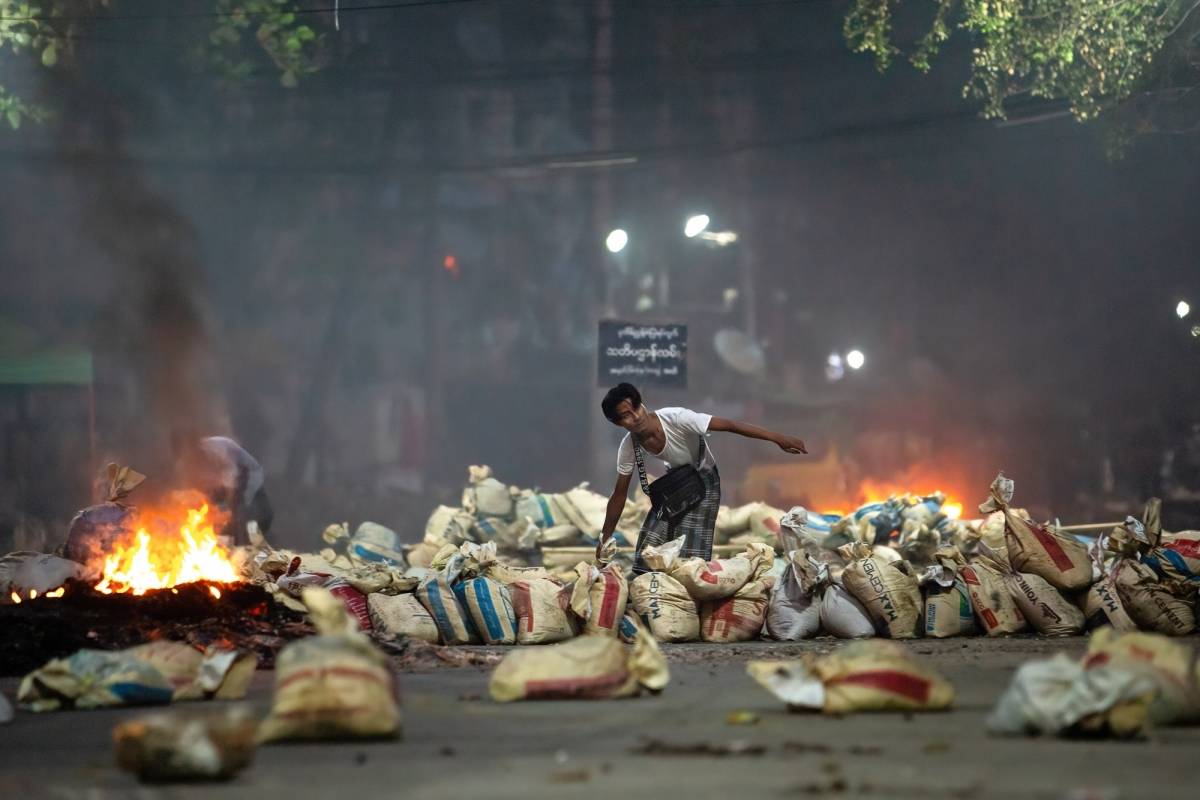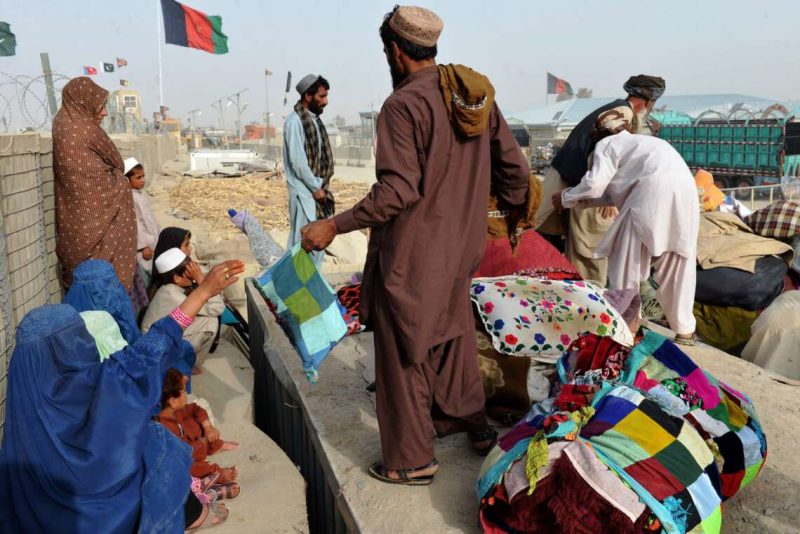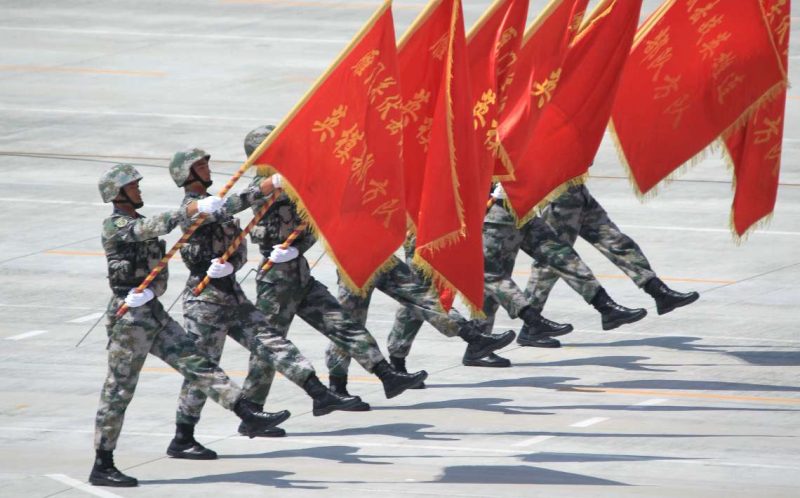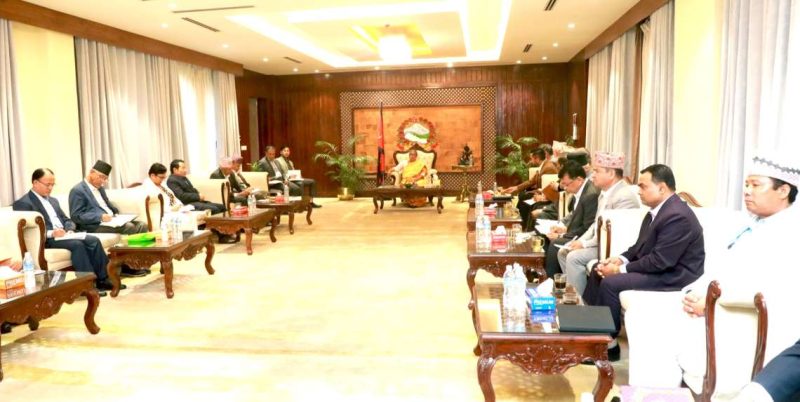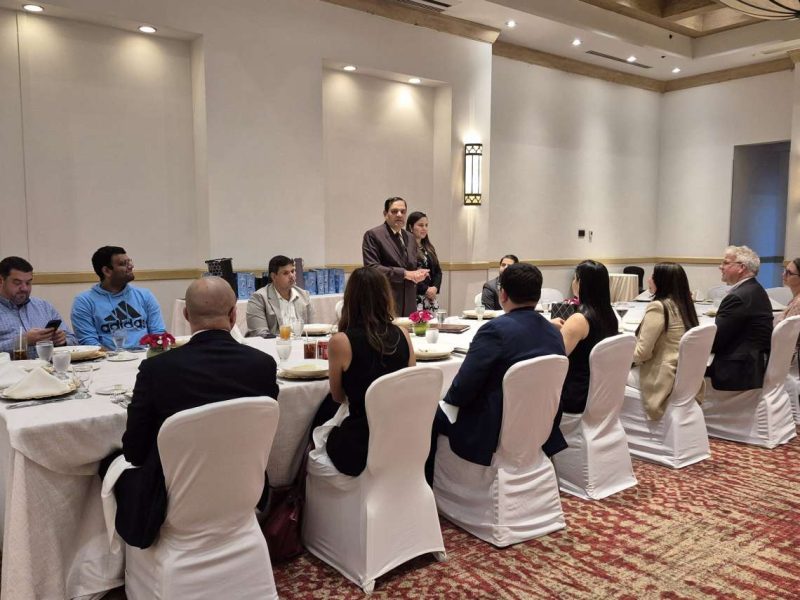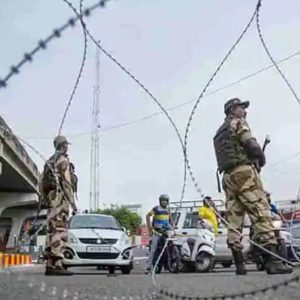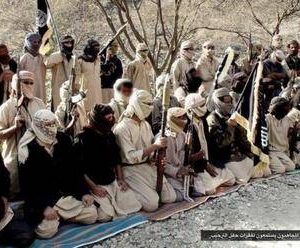The names of these terrorists are mentioned in the latest updated list of the Ministry of Home Affairs (MHA), which is responsible for securing the internal security …reports By Rajnish Singh
Maulana Masood Azhar, the founder of Pakistan-based terrorist organisation Jaish-e-Mohammed (JeM), Lashkar-e-Taiba (LeT) co-founder and Jamaat-ud-Dawah (JuD) chief Hafiz Muhammad Saeed, and key Mumbai attacks perpetrator Zaki-ur-Rehman Lakhvi feature in India’s list of 31 most wanted terrorists.
These 31 terrorists have been booked under the Unlawful Activities (Prevention) Act (UAPA) and figure in the list of most wanted individuals by the Indian government for their involvement in various anti-India activities such as bomb blasts, killings and other conspiracies which somehow compromised the country’s internal security.
The names of these terrorists are mentioned in the latest updated list of the Ministry of Home Affairs (MHA), which is responsible for securing the internal security of the country besides with taking strict actions against those conspiring against India.
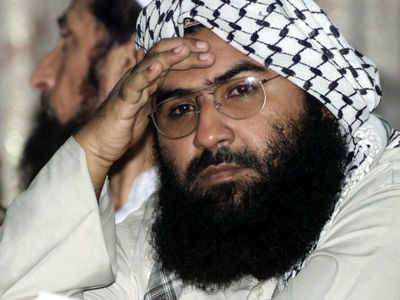
Azhar, Saeed and Lakhvi are among the top five in the list of 31 terrorists, along with dreaded Indian gangster-tuned-drug lord Dawood Ibrahim Kaskar and Wadhawa Singh Babbar, a key leader of banned terror outfit Babbar Khalsa International (BKI).
Along with Dawood, 65, his Pakistan-based associates Javed Chikna alias Javed Dawood Tailor, Ibrahim Memon alias Tiger Memon and Shaikh Shakeel alias Chhota Shakeel are named in the list.
ALSO READ: Army brass discuss threats from China, Pakistan
All are accused in the 1993 Bombay blasts, when a series of 12 explosions claimed the lives of over 250 people.
The list also features Lakhbir Singh, chief of Pakistan-based terrorist organisation International Sikh Youth Federation; Ranjeet Singh alias Neeta of Khalistan Zindabad Force; Paramjit Singh of Pakistan-based Khaliastan Commando Force; Bhupinder Singh Bhinda of Khalistan Zindabad Force; Gurmeet Singh Bagga, a key member of Khalistan Zindabad Force based in Germany; Gurpatwant Singh Pannun, a key member of Sikh For Justice based in the US; Hardeep Singh Nijjar, the Canada-based chief of Khalistan Tiger Force; and Paramjit Singh, the UK-based chief of BKI.

They were all declared as designated terrorists by the Home Ministry on July 1 last year.
Among the others named in the list are Sajid Mir, Yusuf Muzammil, Abdur Rehman Makki, Shahid Mehmood, Farhatullah Ghori, Abdul Rauf Asghar, Ibrahim Athar, Yusuf Azhar, Shahid Latif, Ghulam Nabi Khan, Zaffar Hussain Bhat, Riyaz Ismail Shahbandr, Md Iqbal and Mohammad Anis Shaikh.
Ahead of the next meeting of the global watchdog for terror financing and money laundering, the Paris-based Financial Action Task Force (FATF), scheduled later this month, Pakistan has scrambled into action by registering two cases against Masood Azhar, Rauf Asgar and Sajid Mir — the top leaders of JeM.
Pakistan had also reportedly carried out raids to locate Azhar, but the operation was unsuccessful as the raiding party only found his wife and a few aides from his Bahawalpur residence.
A Pakistan court in January this year had sentenced Lakhvi to five years in prison for terror financing. He has been accused by India and the US of orchestrating the 2008 Mumbai terror attacks, in which at least 160 people were killed.

Last year, 70-year-old radical cleric Hafiz Saeed was sentenced to 15-and-a-half years in jail in Pakistan. He played a key role in carrying out the 2008 Mumbai terror attacks.
Originally from Dongri in Mumbai, Dawood Ibrahim reportedly resides in D-13, Block 4 at Clifton, an affluent seaside neighbourhood in Pakistan’s Karachi, with his extended family, though the Pakistan government denies it. Dawood heads the organised crime syndicate D-Company, which he had founded in Mumbai in 1970s.
Since the early 90s, India has been fighting a war against terrorism that has claimed the lives of thousands of people, including several personnel of the security forces. While the country over the last three decades has taken several steps and measures to mitigate terrorism, more needs to be done to avoid the radicalisation of the youth.
ALSO READ: India abstains from vote on UNGA’s Myanmar resolution


